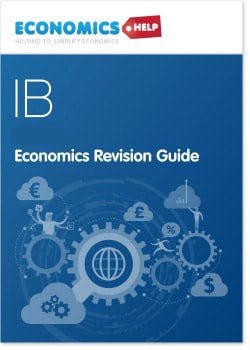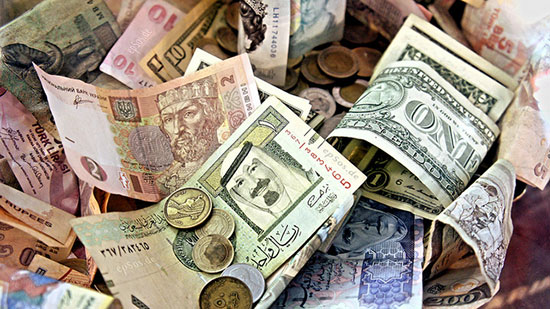Impact of falling oil prices on the Euro
Readers Question: Sorry I’m really confused on how the weak oil prices affects EUR/USD currency. I’ve tried searching for articles but there are really different arguments. For EURO – Weak oil prices worsens Eurozone inflation therefore European bank ,to prevent deflation and boost economy will continue with their negative interest rates and Quantitative easing which …


